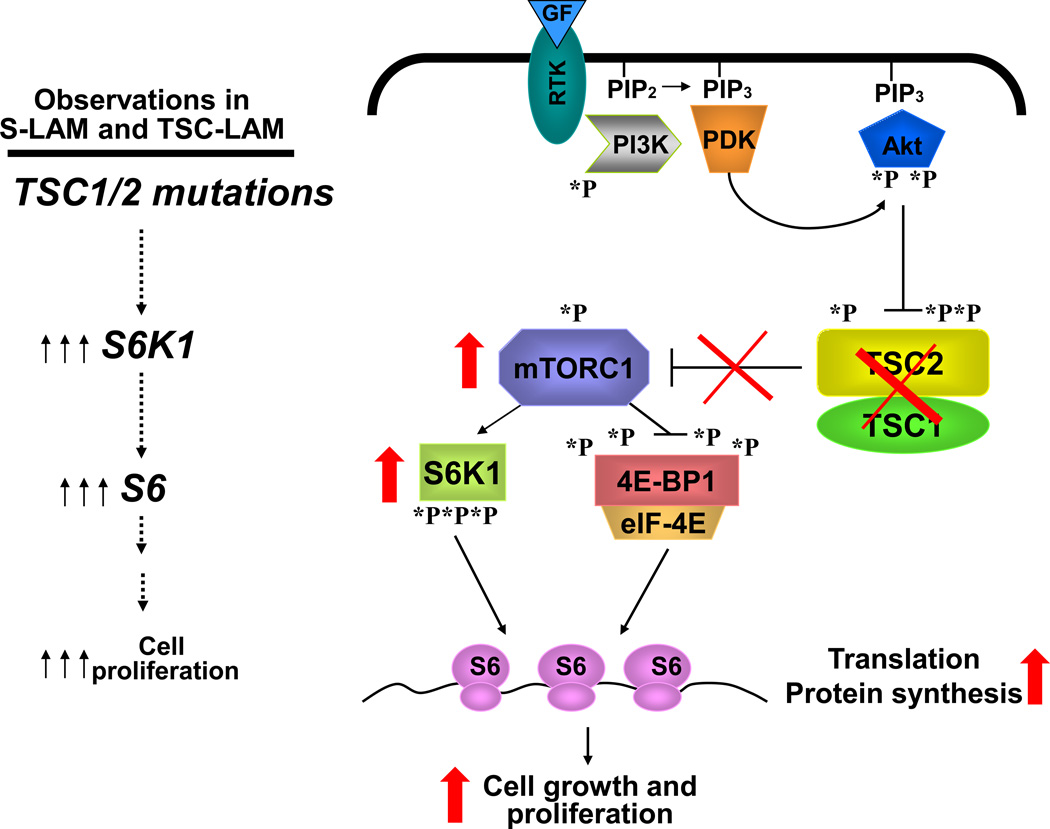Figure 1. Schematic representation of deregulated cell signaling in LAM.
Mutational inactivation of TSC1/TSC2 uncouples mTORC1 regulation from growth factor control causing uncontrolled protein synthesis and abnormal cell growth in pulmonary lymphangioleiomyomatosis (LAM). mTORC1 is a master regulator of cell growth and metabolism, which mediates three major inputs from growth promoting signals such, for example, growth factors and insulin. mTORC1 directly phosphorylates and activates S6K1 and inhibit 4E-BP1, which leads to protein synthesis, cell growth and proliferation. mTORC1 is negatively regulated by tumor suppressor complex TSC1/ TSC2, which activity is suppressed by inhibitory phosphorylation of TSC2 by PI3K-dependent Akt. PI3K is activated by multiple inputs such as growth factors and insulin, which leads to recruitment of PI3K to the membrane and its binding to RTK. Active PI3K converts phosphatidylinositol-4,5-biphosphate (PIP2) to phosphatidylinositol-3,4,5-trisphosphate (PIP3), which leads to PDK1-dependent phosphorylation of Akt followed by activation of mTOR in the mTORC1 complex.

